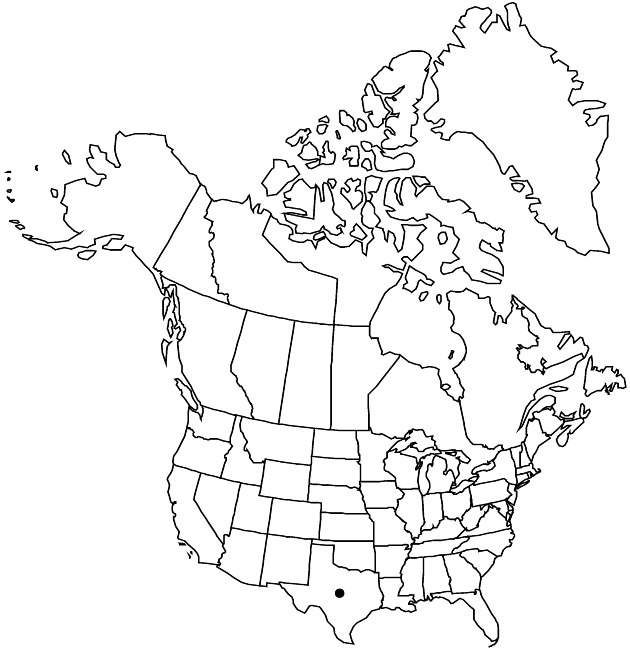Difference between revisions of "Laënnecia turnerorum"
Sida 19: 789, fig. 1. 2001.
FNA>Volume Importer |
GeoffLevin (talk | contribs) m (Deleted extraneous word in authority) |
||
| (3 intermediate revisions by 2 users not shown) | |||
| Line 1: | Line 1: | ||
{{Treatment/ID | {{Treatment/ID | ||
|accepted_name=Laënnecia turnerorum | |accepted_name=Laënnecia turnerorum | ||
| − | |accepted_authority= | + | |accepted_authority=G. L. Nesom |
|publications={{Treatment/Publication | |publications={{Treatment/Publication | ||
|title=Sida | |title=Sida | ||
| Line 31: | Line 31: | ||
-->{{#Taxon: | -->{{#Taxon: | ||
name=Laënnecia turnerorum | name=Laënnecia turnerorum | ||
| − | |authority= | + | |authority=G. L. Nesom |
|rank=species | |rank=species | ||
|parent rank=genus | |parent rank=genus | ||
| Line 45: | Line 45: | ||
|publication year=2001 | |publication year=2001 | ||
|special status= | |special status= | ||
| − | |source xml=https:// | + | |source xml=https://bitbucket.org/aafc-mbb/fna-data-curation/src/2e0870ddd59836b60bcf96646a41e87ea5a5943a/coarse_grained_fna_xml/V19-20-21/V20_40.xml |
|tribe=Asteraceae tribe Astereae | |tribe=Asteraceae tribe Astereae | ||
|genus=Laënnecia | |genus=Laënnecia | ||
Latest revision as of 19:15, 6 December 2021
Annuals, 15–20 cm (sometimes branched from bases). Leaf blades: bases (all or distal) ± clasping, faces sparsely villous (hairs erect, multicellular) and stipitate- and sessile-glandular; proximal obovate to oblanceolate, 20–50+ × 5–12+ mm, mostly 1–2-pinnately lobed (lobes ovate); distal similar, smaller, pinnately lobed or entire. Heads in ± corymbiform arrays. Involucres 3–4 mm. Recep-tacles 3.5–4 mm diam. Pistillate florets ca. 200; corollas: lengths ± 1/2 styles, laminae 0. Disc florets 15–18. Cypselae tan, 0.8–1 mm, strigillose (hairs 0.7–0.1 mm) and with sessile glands near apices; pappi fragile or readily falling, of 16–18 white bristles in 1 series, 2 mm.
Phenology: Flowering spring.
Habitat: Moderately disturbed sites, limestone-derived soils
Elevation: 1100 m
Discussion
Selected References
None.
Lower Taxa
None.
